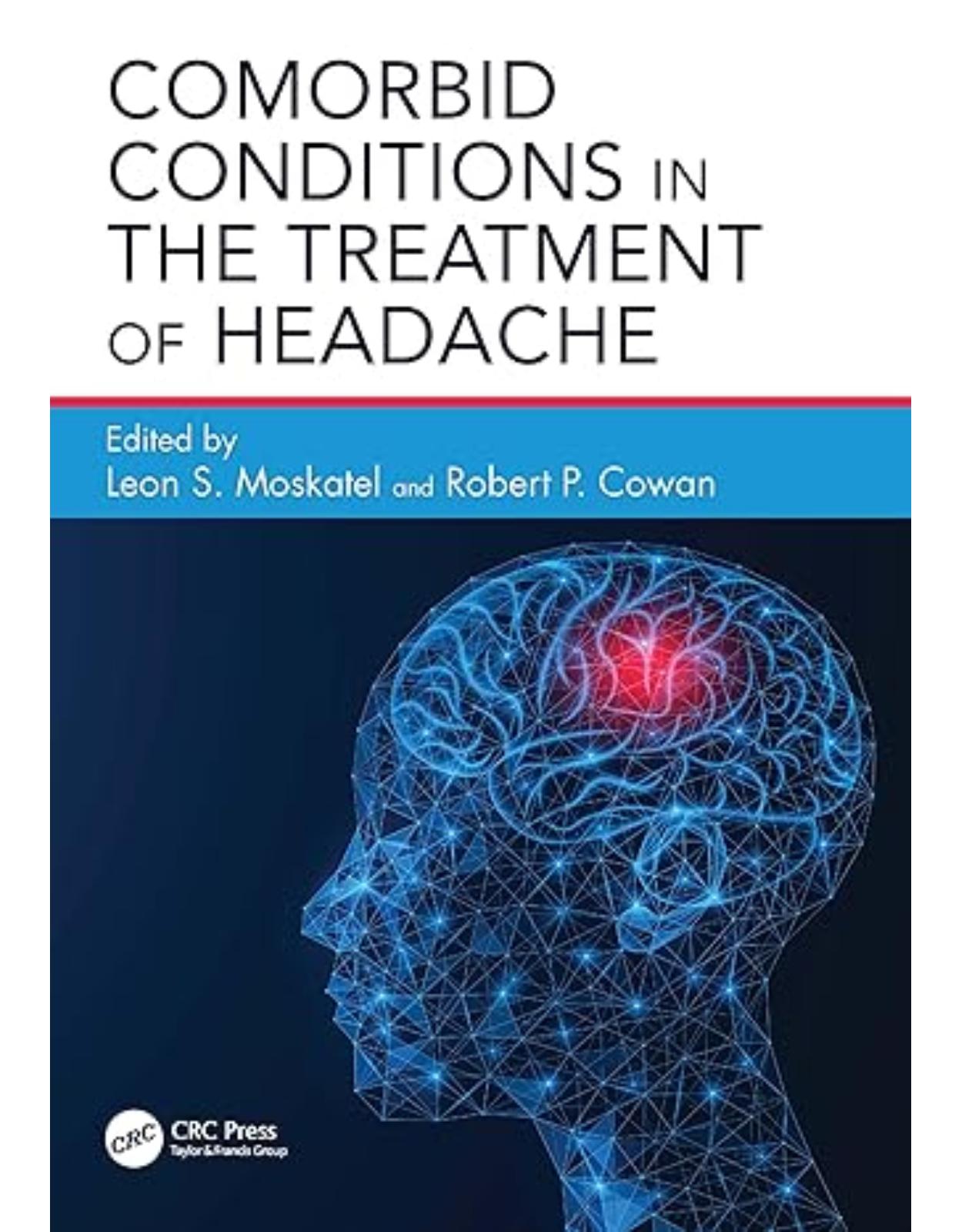
Comorbid Conditions in the Treatment of Headache
Livrare gratis la comenzi peste 500 RON. Pentru celelalte comenzi livrarea este 20 RON.
Disponibilitate: La comanda in aproximativ 4-6 saptamani
Editura: CRC Press
Limba: Engleza
Nr. pagini: 326
Coperta: Paperback
Dimensiuni: 178 x 254 x 20 mm
An aparitie: 3 ian 2025
This book is a practical reference and educational tool that teaches headache specialists and neurologists about the comorbid illnesses they will encounter in their patients. Headache Medicine is increasingly recognized as a dedicated specialty with an emerging cohort of physicians focused on treating these patients. Given the high prevalence of headache globally, patients often have comorbid conditions, which affect treatment decisions and outcomes in innumerable ways. This easy-to-use reference of comorbid conditions facilitates an understanding of the complete patient with a headache. Each chapter discusses the longitudinal illnesses organized by body system, in addition to chapters on general internal medicine and the treatment of special populations. Headache clinicians will benefit from building knowledge of general internal medicine topics as an overlay to their headache practice. This reference book on comorbid conditions supports a holistic approach to the patient with a headache. In addition to headache specialists, it will benefit a wide range of health-care providers, including neurologists, primary care physicians, pediatricians, obstetricians, and gynecologists.
Contents:
About the Editors
Contributors
1 Introduction to Comorbid Conditions in the Treatment of Headache
References
2 Primary Headache Disorders
Migraine
Case Scenario
Diagnostic Criteria for Migraine
Epidemiology of Migraine
Pathophysiology of Migraine
Pragmatic Approach for Treating Migraine
Migraine Considerations in Pregnancy
Tension-Type Headache
Case Scenario
Diagnostic Criteria for Tension-Type Headache
Epidemiology of Tension-Type Headache
Pathophysiology of Tension-Type Headache
Treatment of Tension-Type Headache
Common Medical Comorbidities That Can Worsen Tension-Type Headache
Trigeminal Autonomic Cephalalgias
Case Scenario
Types of Trigeminal Autonomic Cephalalgias
Hemicrania Continua
Diagnostic criteria for hemicrania continua
Epidemiology of hemicrania continua
Pathophysiology of hemicrania continua
Treatment of hemicrania continua
Paroxysmal Hemicrania
Diagnostic criteria for paroxysmal hemicrania
Epidemiology of paroxysmal hemicrania
Pathophysiology of paroxysmal hemicrania
Treatment of paroxysmal hemicrania
Patients who cannot take indomethacin
Cluster Headache
Diagnostic criteria for cluster headache
Epidemiology of cluster headache
Pathophysiology of cluster headache
Treatment of cluster headache
Short-Lasting Unilateral Neuralgiform Headache Attacks (SUNCT/SUNA)
Diagnostic criteria for SUNCT/SUNA
Epidemiology of SUNCT/SUNA
Pathophysiology of SUNCT/SUNA
Treatment of SUNCT/SUNA
Other Primary Headache Disorders
Case Scenario
Overview of the Other Primary Headache Disorders
Nummular headache
Headache attributed to sexual activity
Primary thunderclap headache
Summary
References
3 Approach to Secondary Headaches
Comprehensive Medical History
Onset
Description of Pain
Frequency
Duration
Inciting and Remitting Factors
Associated Symptoms
Red Flag Symptoms
Medication-Overuse Headache
Neurological Exam
Physical Exam
Head
Ophthalmologic
Papilledema
Abnormal eye movements
Pupil changes and irregularities
Visual field defects
Retinal exudates or hemorrhages
Ears
Nose
Neck
Pulmonary
Cardiovascular
Endocrine
Gastrointestinal
Skin
Diagnostic Workup
Imaging
Vessel Imaging
Chapter Summary
Case 1
Case 2
References
4 Allergy/Immunology Comorbidities in the Treatment of Headache
Introduction
The Role of Mast Cells and Histamine in Atopic Disease and Headache
Allergic and Nonallergic Rhinitis
Rhinosinusitis and Nasal Polyps
Allergic Eye Diseases
Anaphylaxis and Food Allergy
Urticaria
Eosinophilic Disorders
Atopic Dermatitis
Mast Cell Disorders
Immunodeficiency
Conclusion
References
5 Headache and the Cardiovascular Patient
Headache Secondary to Common Cardiovascular Medications
Nitroglycerin and Nitrate Therapy
Other Cardiovascular Medications
Headache and Vascular Disorders
Migraine, Cardiovascular Risk and Patent Foramen Ovale
Right-to-left Shunt and PFO
PFO Closure as Treatment for Migraine
Headache and Hypertension
Hypertensive Headaches
Hypertension and Migraine
Headache and Stroke
Hemorrhagic Stroke
Non-hemorrhagic Stroke
Conclusions
References
6 Headache and Dermatologic Conditions
Introduction
Inflammatory Skin Diseases and Headache
Atopic Dermatitis
Rosacea
Psoriasis
Other Inflammatory Skin Conditions and Migraine
Neurocutaneous Syndromes
Parry–Romberg Syndrome
Sturge–Weber Syndrome
Neurofibromatoses
Tuberous Sclerosis Complex
PHACE Syndrome
Viral Infections
A Common Therapeutic in Neurology and Dermatology: Botulinum A Toxin
Summary
References
7 Endocrine Causes of Headache
Pituitary
Nonfunctional Pituitary Adenomas
When to suspect NFPA
Workup to consider
Functional Pituitary Adenomas
Acromegaly
When to suspect acromegaly
Workup to consider
Prolactinoma
When to suspect prolactinoma
Workup to consider
Pituitary Apoplexy
When to suspect pituitary apoplexy
Workup to consider
Hypophysitis
When to suspect hypophysitis
Workup to consider
Nonpituitary Sellar Masses
When to suspect nonpituitary sellar masses
Workup to consider
Systemic Conditions Affecting the Pituitary Gland
Thyroid
Hypothyroidism
Diagnostic criteria for headache attributed to hypothyroidism26
When to suspect hypothyroidism
Workup to consider
Hyperthyroidism
When to suspect hyperthyroidism
Workup to consider
Adrenal
Pheochromocytoma and Paraganglioma (PPGL)
When to suspect PPGL
Workup to consider
Gonadal
Menstrual Migraine
When to consider MM
Workup to consider
Polycystic ovarian syndrome
When to consider PCOS
Workup to consider
Dysglycemia
References
8 Gastrointestinal Symptoms and Comorbid Conditions in Migraine
Introduction
Pathophysiology
Neurotransmitters
Neuropeptides
Inflammatory Mediators and Microbiota
Gastrointestinal Symptoms and Management in Acute Migraine
Treatment of Key GI Symptoms during Acute Migraines
Cyclic Vomiting Syndrome
Abdominal Migraine
Acute Nausea and Chronic Functional Nausea In Migraine Headache
Chronic Gastrointestinal Comorbidities
Gastroesophageal Reflux Disease and Peptic Ulcer Disease
Inflammatory Bowel Disease
Irritable Bowel Syndrome, Chronic Diarrhea, and Chronic Constipation
Gastroparesis
Celiac Disease
Conclusion
Summary
References
9 General Internal Medicine for the Headache Specialist
Primary Care Approach to Headache
Headache and Preventative Vaccines
A Note on Hypertension in Headache
Clinical Case 1: Headache Due to Obstructive Sleep Apnea
Common Comorbidities and Risk of Headache Progression
OSA
Background
Diagnosis
Treatment
Clinical Case 2
Metabolic Syndrome
Background
Diagnosis
Diabetes
Obesity
Clinical Case 3
Hypertension
Hyperlipidemia
Treatment
Diabetes
Obesity
Hypertension
Hyperlipidemia
Special Populations: Considerations for Prescribing Headache Treatments
Lisinopril, Candesartan (ACE Inhibitor/ARB)
Propranolol (Beta-Blockers)
Verapamil (Calcium Channel Blockers)
Topiramate
Tricyclic Antidepressants (TCAs)
Valproic Acid
Nonsteroidal Anti-Inflammatories (NSAIDs)
Metoclopramide
Triptans
CGRP Antagonists/Inhibitors
Dihydroergotamine (DHE)
Lasmitidan
Summary
References
10 Hematologic/Oncologic Causes of Headache
Acute Leukemias
Anemia
Sickle Cell Disease
Myeloproliferative Neoplasms
Thrombotic Thrombocytopenic Purpura
Hypercoagulable States
Brain Metastases
Chemotherapy-Induced Headache
Antiemetics
Hormonal Therapies
Vascular Endothelial Growth Factor Inhibitors
Bone Modifying Agents
Medication-Overuse Headache
Summary
References
11 Infectious Diseases for the Headache Practitioner
Screening
HIV
Syphilis
DoxyPEP
Gonorrhea and Chlamydia
Hepatitis Screening
Latent Tuberculosis
CNS Infections
Acute Bacterial Meningitis
Encephalitis
Focal CNS Infections
Subacute or Chronic Meningitis
TB Meningitis
Neurosyphilis
Fungal Meningitis
Coccidioides meningitis
Cryptococcal meningitis
Postprocedural fungal meningitis
Neurocysticercosis
Antimicrobial CNS Effects
Antimicrobial Interactions with Headache Medications
Further Resources
Summary
References
12 Nephrology Comorbidities in the Treatment of Headache
Clinical Case 1
Hypertension and Headache
Clinical Case 2
Headache Associated with Dialysis
Autosomal Dominant Polycystic Kidney Disease
Headache in Kidney Transplant Patients
Clinical Case 3
Medication Dosing
NSAIDs
Conclusion
References
13 Neurologic Comorbidities in Patients with Headache Disorders
Stroke and Migraine Management
Introduction
Pathophysiology
MRI changes
Therapy
CADASIL, arteriopathies and migraine
Special considerations for procedure planning in postsurgical patients
Neuroimmunology
Epidemiology of multiple sclerosis
Neurobiology of MS in migraines
Diagnostic challenges
Migraine treatment
Trigeminal neuralgia
Conclusions
Special Considerations for the Movement Disorders Patient
Tremor
Parkinsonism
Headache Disorders in Patients with Epilepsy
Antiseizure medications for chronic migraine prevention
Drug-Drug interactions
Special consideration in women of childbearing age and pregnancy
Trigeminal neuralgia and antiseizure medications
Special considerations in the epilepsy patient
Neurocritical Care
Subarachnoid hemorrhage
Vasculopathies, vascular malformations and headache
Intracranial pressure-related headache
Acute ischemic stroke
Postoperative pain
Neuro-oncology
Postradiation SMART syndrome
Other Neurologic Comorbidities
Idiopathic Intracranial Hypertension
Restless leg syndrome
Myasthenia gravis
Conclusions
Key Takeaways
References
14 Headache and Pulmonary Disease
Mechanisms Underlying the Relationship between Headache and Pulmonary Diseases
Mechanisms of Cough-Related Headaches
Mechanisms of Hypoxia-Related Headaches
Mechanisms of Sleep Disorders and Headache
Mechanisms of Medication-Induced Headaches
Miscellaneous
Relationship between Specific Pulmonary Diseases and Headache
Asthma
COPD
Obstructive Sleep Apnea
Miscellaneous Disorders
Impact of Headache Management on Pulmonary Disorders
Clinical Examples
Conclusion
References
15 Psychiatric Comorbidities in the Treatment of Headache
Introduction
Mood Disorders
Evaluation
Medication Considerations
Antidepressant Medications and Sexual Function
Anxiety Disorders
Evaluation
Medication Considerations
Neurodevelopmental Disorders
Autism
Attention Deficit Hyperactivity Disorder
Obsessive-Compulsive and Related Disorders
Evaluation
Medication Considerations
Personality Disorders
Post-traumatic Stress Disorder
Evaluation
Medication Considerations
Psychotic Disorders
Evaluation
Medication Considerations
Clinical Case
Substance-Use Disorders
Conclusions
References
16 Comorbid Rheumatic Conditions in the Treatment of Headache
Overview
Inflammatory Arthritis
Clinical Case 1
Connective Tissue Diseases
Clinical Case 2
Vasculitis
Noninflammatory Pain Syndromes
Clinical Case 3: Fibromyalgia
Summary
References
17 Headache and Women’s Health
Introduction
Comorbid Conditions in Pregnancy and in the Postpartum Period
The Approach to Headache in Pregnancy
Considerations Prior to Pregnancy
Headache Differential Diagnosis
Primary headaches
Secondary headaches due to pregnancy
Secondary headaches associated with conditions exacerbated by pregnancy
The Approach to Headache Postpartum
Postpartum Postdural Puncture Headache
Migraine Treatment and Contraception
SUMMARY
REFERENCES
18 Perioperative Management of Migraine
Introduction
Nonsteroidal Anti-inflammatory Drugs (NSAIDs)
Tricyclic Antidepressants
Triptans
Antiemetics
Ergots
Lasmiditan
Calcitonin Gene-Related Peptide Monoclonal Antibodies
Valproate
Gabapentin
Serotonin and Norepinephrine Reuptake Inhibitors
Topiramate
Angiotensin Converting Enzyme Inhibitors/Angiotensin II Receptor Blockers
Beta-Blockers
Steroids
Scenarios
Conclusion
References
19 Special Considerations for Headache Diagnosis and Treatment in the Geriatric Patient
Introduction
Clinical Case 1
Primary Headache Disorders
Tension-Type Headache
Migraine
Distinguishing Migraine Auras from Ischemic Attacks in Older Patients
Hypnic Headache
Trigeminal Autonomic Cephalalgias (Cluster Headache)
Chronic Daily Headache
Secondary Headaches
Medication-Induced and -Overuse Headache
Vascular Events
Subdural Hematoma and Subarachnoid Hemorrhage
Cervicogenic Headache
Trigeminal Neuralgia
Postherpetic Neuralgia and Herpes Zoster
Obstructive Sleep Apnea
Cardiac Cephalalgia
Subacute Glaucoma
Giant Cell Arteritis
Hypertensive Headache
Considerations in Treatment of Headache Disorders in Older Adults
Clinical Case 2
Multimorbidity and polypharmacy
Clinical Case 3
Acute Treatments
Nonsteroidal Anti-inflammatory Drugs and Analgesics
Antiemetics
Caffeine
Serotonin 5-HT Receptor Agonists (Triptans)
Opioids and Barbiturates
Corticosteroids
Peripheral Nerve Blocks
Preventative Treatments
Tricyclic Antidepressants (TCAs)
Topiramate
Beta-Blockers
Calcium Channel Blockers
Valproic Acid
Summary
REFERENCES
Index
| An aparitie | 3 ian 2025 |
| Autor | Leon S Moskatel, Robert P Cowan |
| Dimensiuni | 178 x 254 x 20 mm |
| Editura | CRC Press |
| Format | Paperback |
| ISBN | 9781032876788 |
| Limba | Engleza |
| Nr pag | 326 |

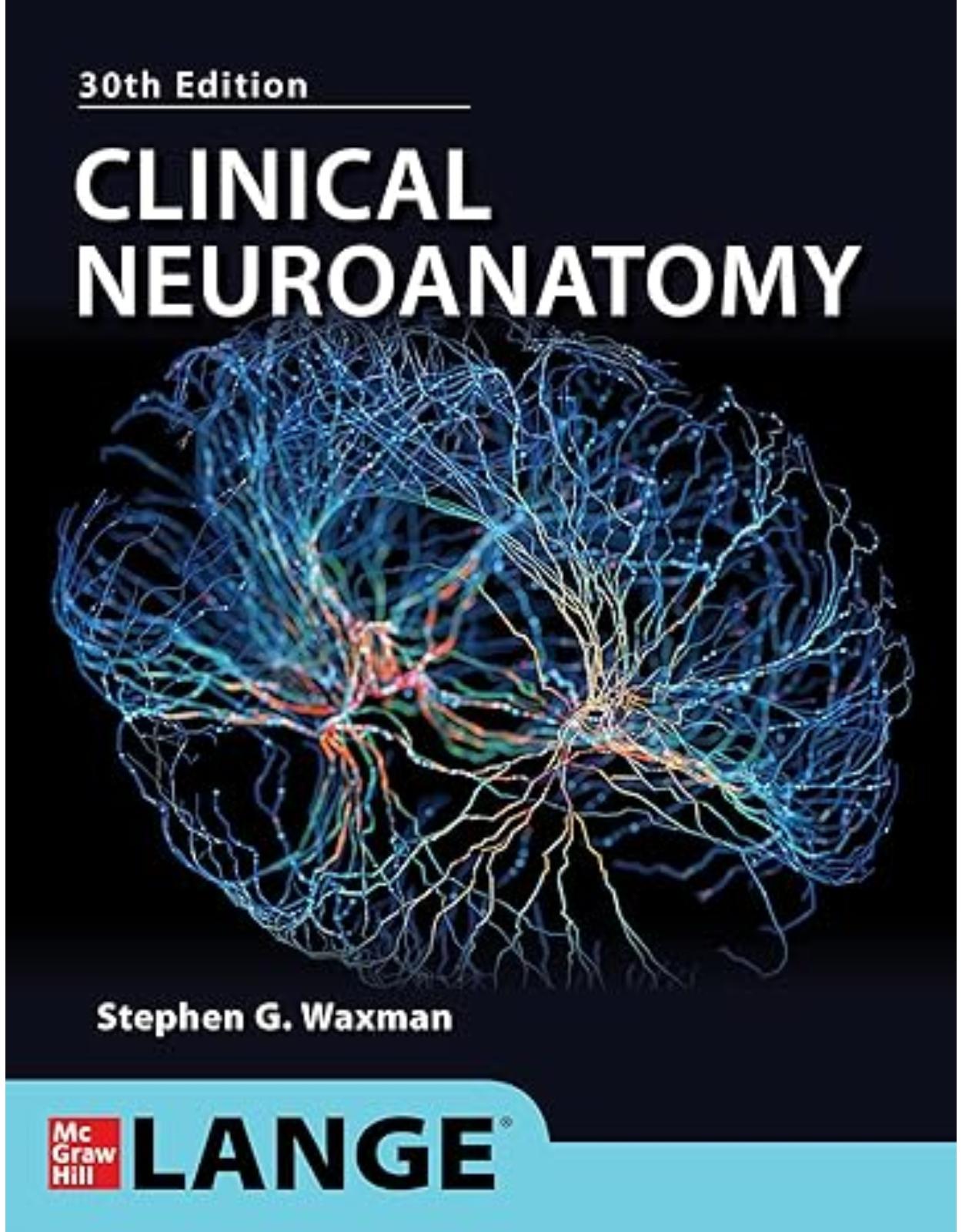
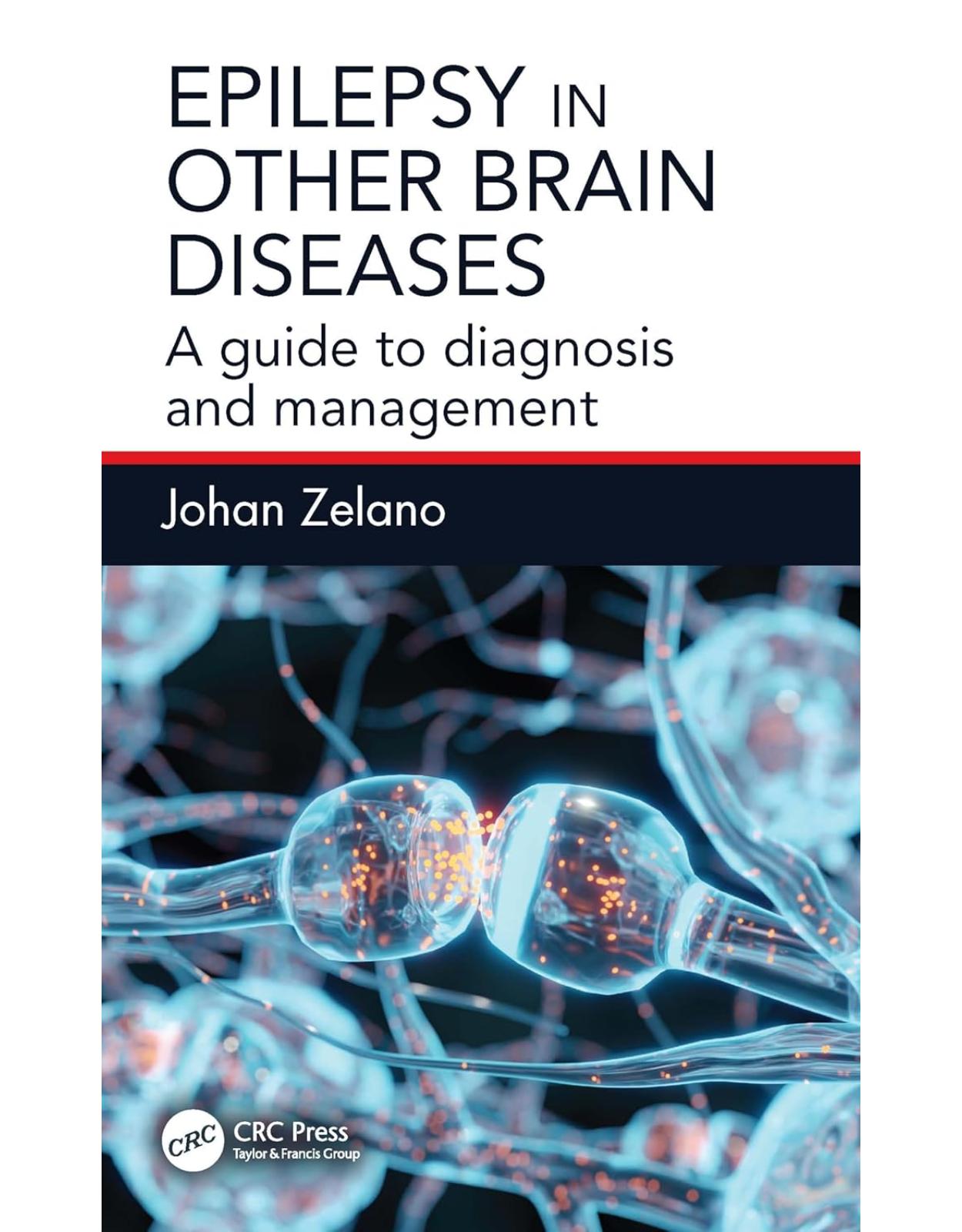
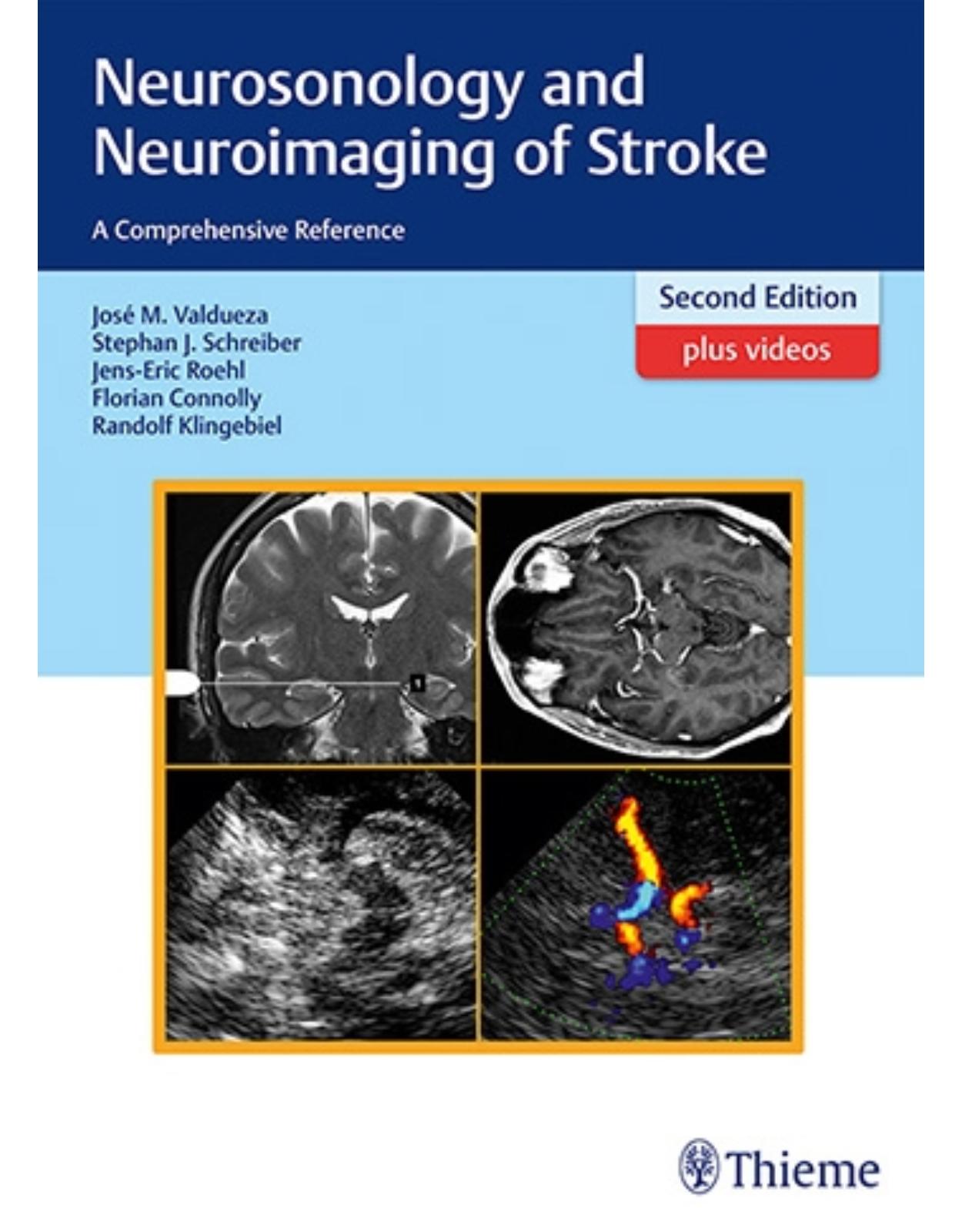
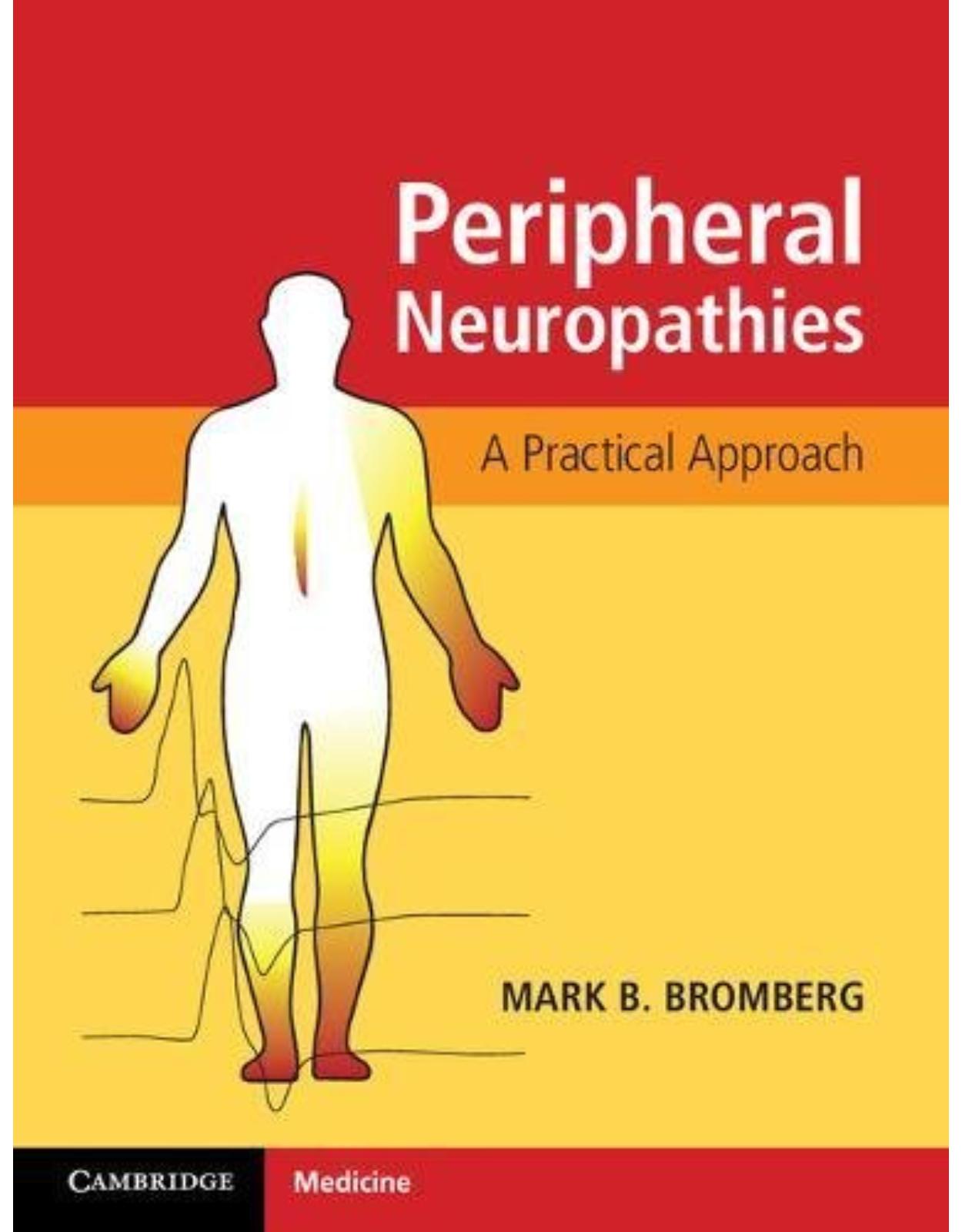
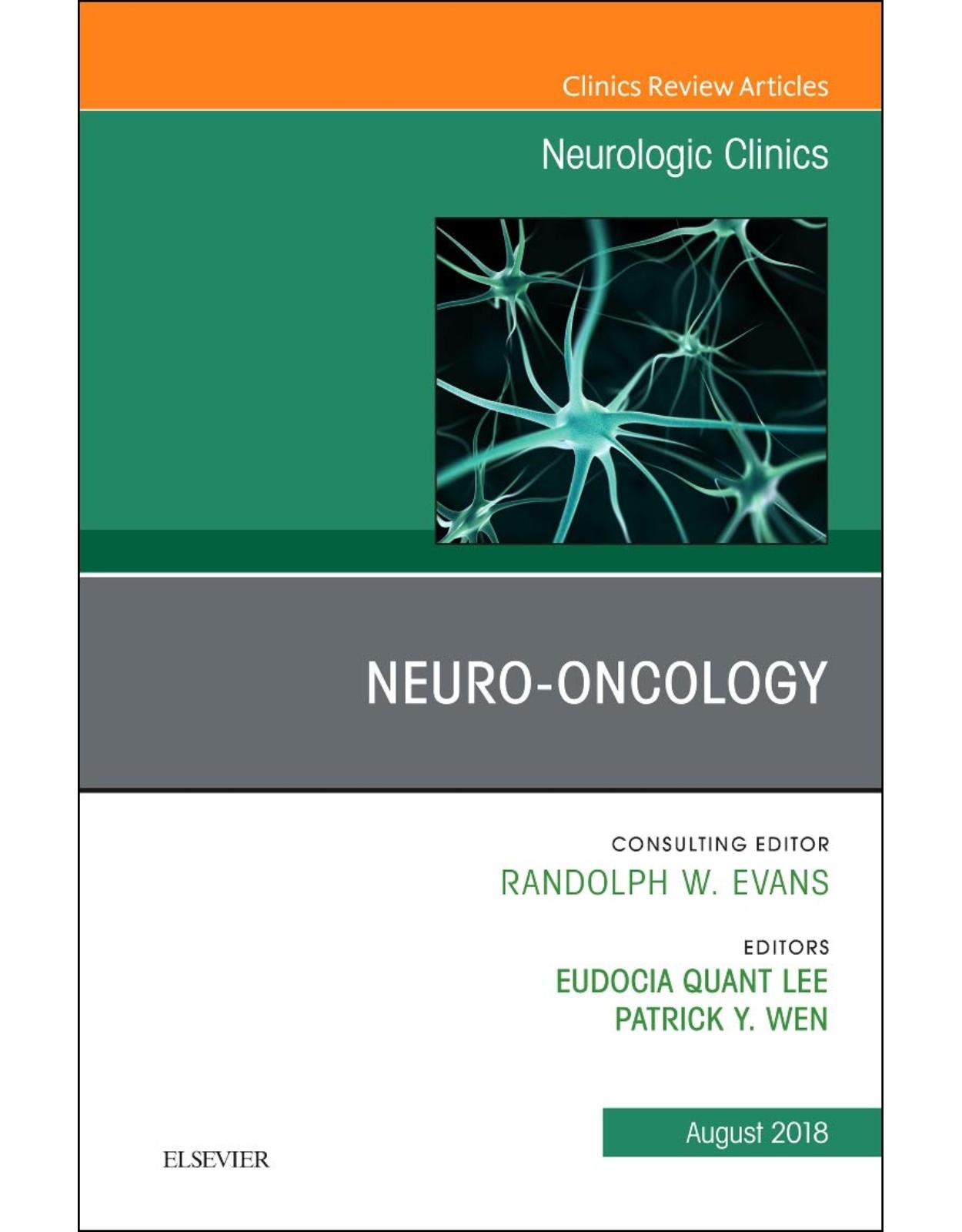
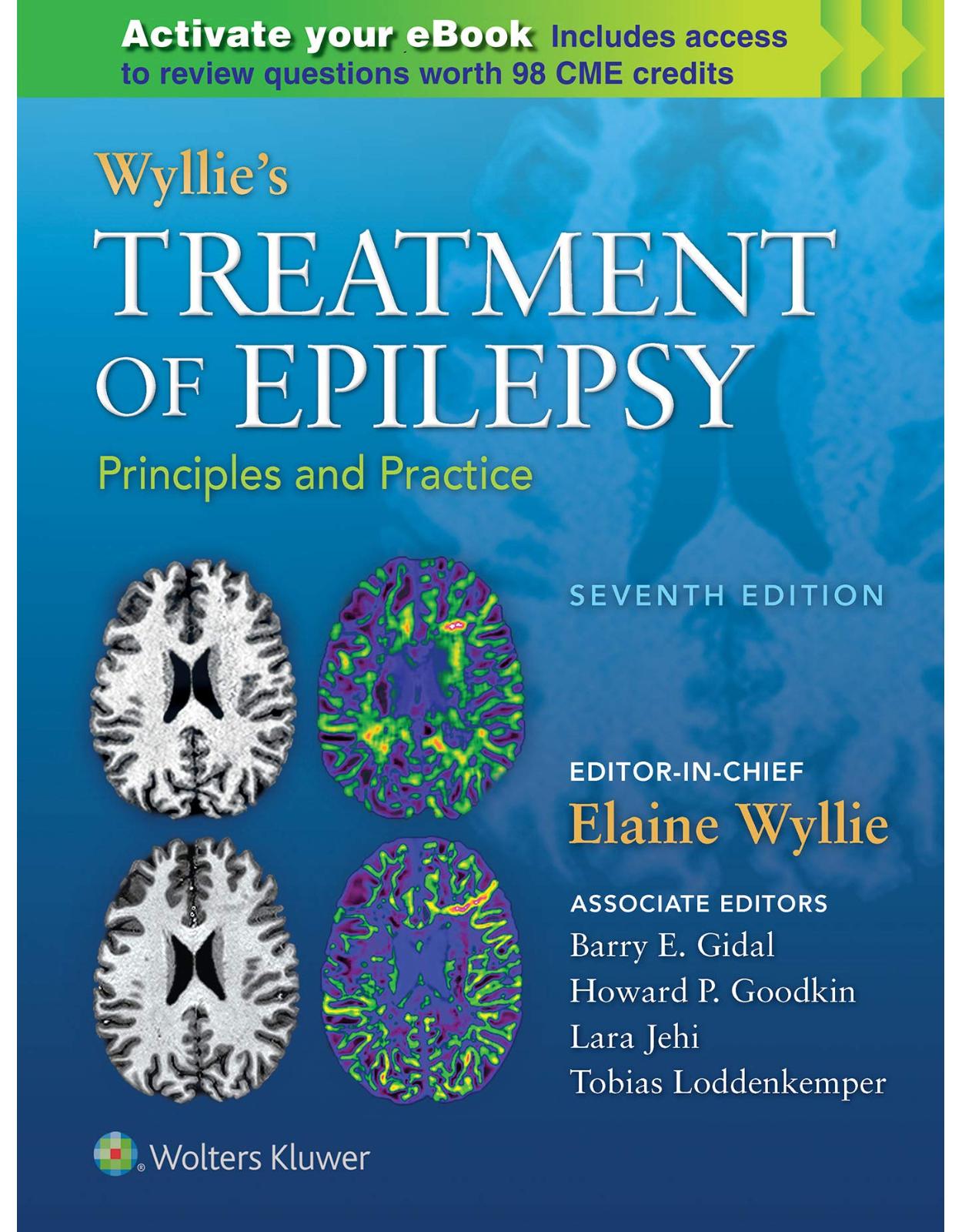

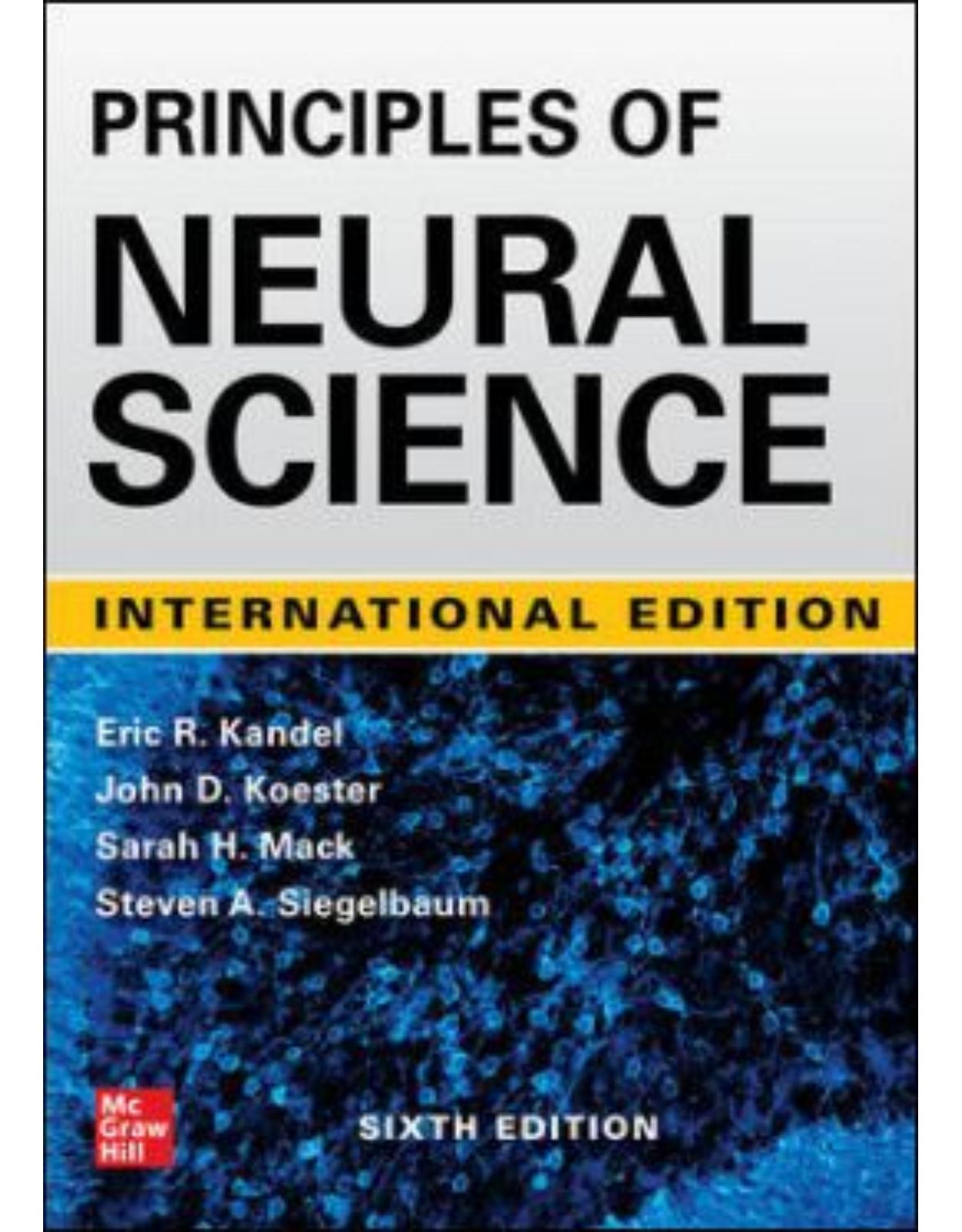
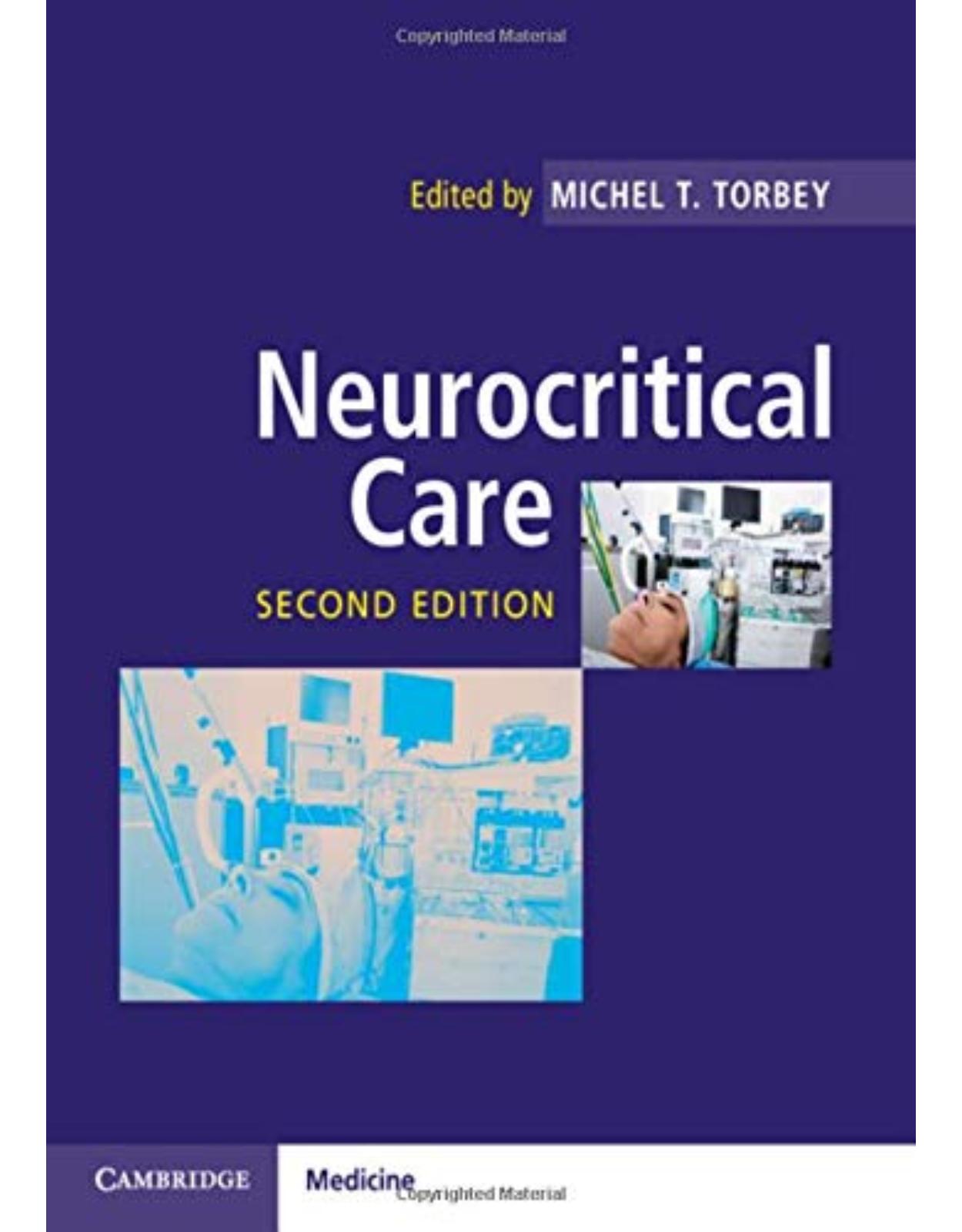
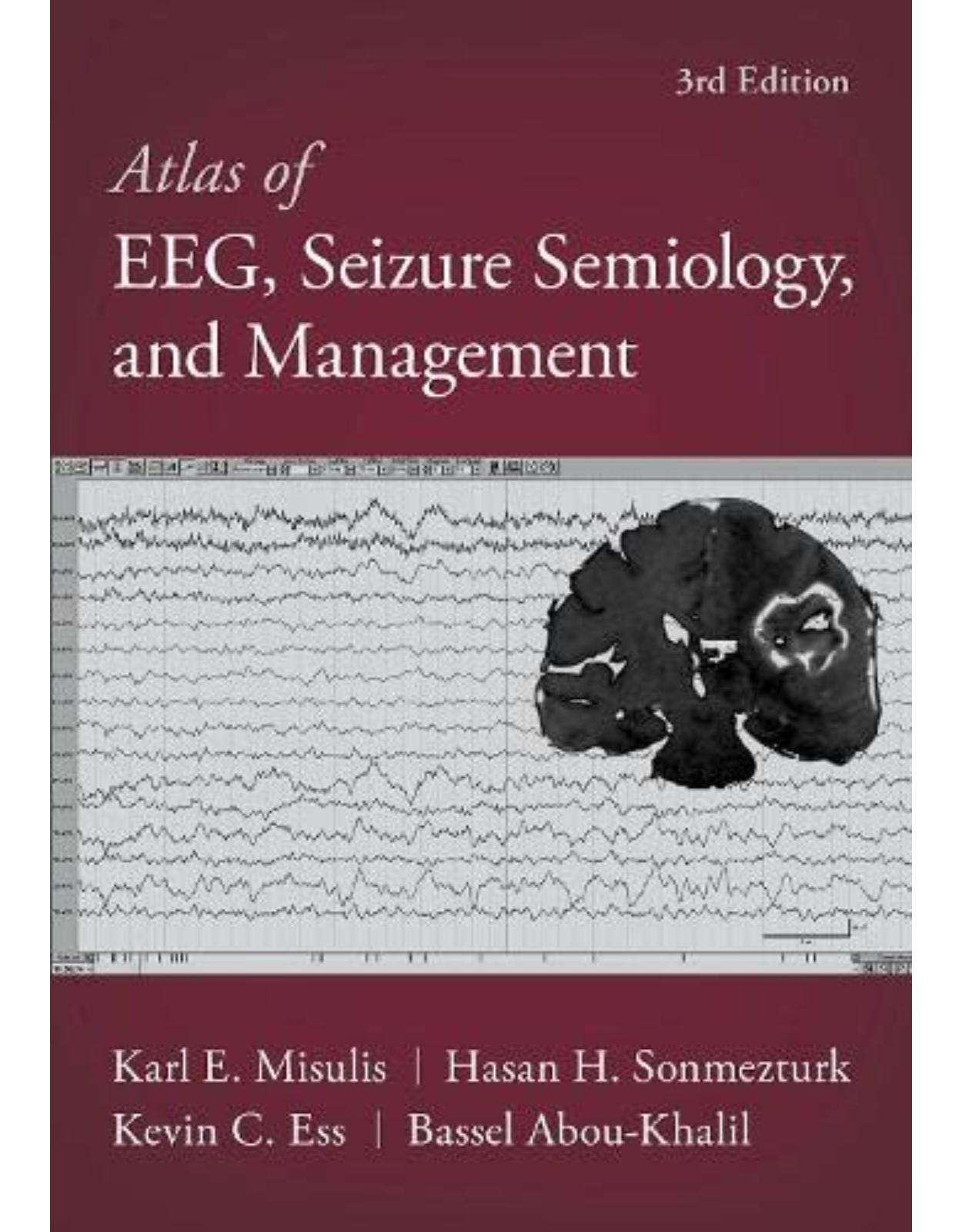
Clientii ebookshop.ro nu au adaugat inca opinii pentru acest produs. Fii primul care adauga o parere, folosind formularul de mai jos.